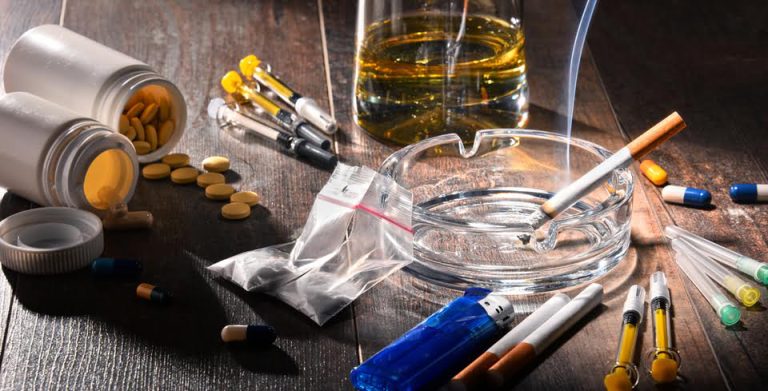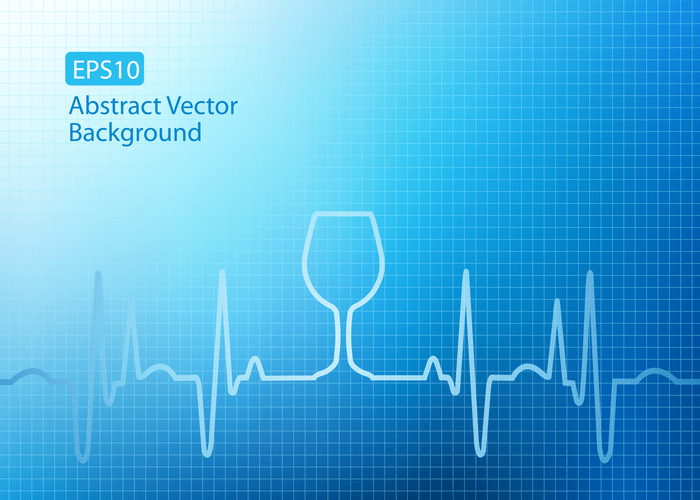Alcohol consumption during pregnancy can pose significant risk facts, as it can harm the developing fetus. If you think you may have alcohol use disorder, you’re not alone. Realizing you may have an issue is the first step toward getting better, so don’t hesitate to talk to a healthcare provider. They’ll recommend treatments and resources to help you recover from alcohol use disorder. Healthcare providers diagnose the condition by doing a physical examination to look for symptoms of conditions that alcohol use disorder may cause.

Symptoms of alcohol misuse
Two of three people seeking treatment do reduce their intake and improve their overall health. Some people will go through periods where they remain sober, but then relapse. A doctor or substance abuse expert may be able to help a person look at the consequences of drinking. If an individual is beginning to think about alcohol as a problem worth trying to solve, educational groups may provide support for weighing the pros and cons of drinking. There’s no medical test that proves you have a drinking problem.

Five myths about alcoholism and alcohol abuse
Alcohol withdrawal after periods of excessive drinking can cause debilitating symptoms hours to days later. Moderate and severe withdrawal syndromes can include hallucinations, seizures, or delirium tremens; the latter two can be life-threatening. This cycle can become the foundation for multiple substance use disorders and other addictions. It is not uncommon to find impulsive behaviors becoming unhealthy coping strategies for negative emotions, as is seen with food addiction, sex addiction, and drug addictions. Escapism from mental health struggles, like depression or anxiety, stressful situations, and stressful environments, frequently result in some form of substance use disorder to self-medicate from discomfort. Alcohol misuse and addiction are some of the oldest medical conditions in human history, and medical care has grown incredibly sophisticated in its ability to help people recover.
More on Substance Abuse and Addiction
The middle stage of alcoholism is when drinking interferes with everyday life. WHO works with Member States and partners to prevent and reduce the harmful use of alcohol as a public health priority. After weaning from alcohol, medication in some cases can help reduce cravings. Two medications that fit in this category are naltrexone and acamprosate.
What to expect from your doctor
Once an individual commits to stop drinking, the physician will watch out for and treat withdrawal symptoms. During the withdrawal process, the doctor may prescribe a class of antianxiety drugs called benzodiazepines for a short period in order to reduce withdrawal symptoms. For most people who have an alcohol use disorder, the drug addiction first alcohol-related life problems usually appear in the mid-20s to early 40s.

Alcohol misuse at an early age increases the risk of developing AUD. Genetics or a family history of alcohol misuse increases that risk as well. Childhood trauma, mental health issues, and stress can also lead people to begin drinking or drink more than usual. For people in https://www.perthdrywall.com.au/sober-living/how-to-address-isolation-and-loneliness-in/ the first stage of alcohol use (having access but not having yet used alcohol), preventive measures are used. The approach to those who have experimented with alcohol should not be minimized by mental health professionals, since infrequent use can progress to the more serious stages of alcohol use if not addressed.
- An inpatient program can last anywhere from 30 days to a year.
- AUD treatment is usually centered on abstinence — getting you to completely give up alcohol.
- If an individual is beginning to think about alcohol as a problem worth trying to solve, educational groups may provide support for weighing the pros and cons of drinking.
- Alcoholism and alcohol abuse can also have an impact on your family, friends and the people you work with.
If you drink more alcohol than that, consider cutting back or quitting. The American Academy of Family Physicians (AAFP) recommends screening adults aged 18 years or older for alcohol misuse. Also, AAFP recommends teaching teens between 12 and 17 years old to avoid alcohol. If you fall into this group, alcohol causes a dramatic shift in your personality. Although you usually feel shy or quiet when sober, alcohol makes you much more extroverted, like the life of the party.
Alcohol Use Disorder FAQs
Early symptoms of an alcohol abuse disorder include drinking more than ethanol abuse planned, continuing to drink alcohol despite the concerns of others, and frequent attempts to cut down or quit drinking. As alcohol abuse progresses, the individual develops a tolerance to alcohol. He or she must drink more alcohol to get the desired good feeling or to get intoxicated. When an individual’s drinking causes distress or harm, that’s called an alcohol use disorder. An estimated 10% of adult men and 5% of adult women have an alcohol use disorder. Their use of alcohol leads to health problems or troubles at home, at work, at school, or with the law.
